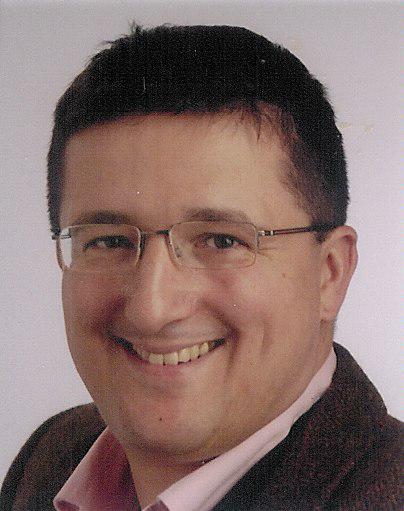
17th INTERNATIONAL FORUM ON MPSoC
for software-defined hardware
Speaker's Profile

Hans-Joerg Voegel
BMW, Germany
Driving and Being Driven: thoughts on future mobility and technological drivers
Download SlidesAbstract
Upcoming architectures for vehicular electrics, electronics, communication and software will face – among others - technological challenges driven by strong strategic trends. Those trends – Automated Driving, Artificial Intelligence, Drivetrain Electrification and Connected Systems and Services – are driving increasing system complexity, demanding formal verifiability and semantically rich system integration; and they are driving innovation, requiring new technologies, subsystems and components to be integrated as well as new novel approaches in system integration and operation.
Automation, in particular, not only introduces a plethora of additional sensors, compute-heavy algorithms, and the corresponding load on the vehicle’s physical network, but also requires formalized functional safety engineering to a much greater extent than previous vehicle generations. Moreover, intelligent algorithms not only help automated vehicles drive safely, but artificial intelligence will be making its way into quite every aspect of functional vehicle design with the advent of intelligent personal assistants, affective multi-modal natural user interaction, situational awareness and augmented reality. The vehicle’s self-awareness required is further driving architectural design challenges.
Introduction of electrical drivetrains while maintaining or gradually phasing out conventional combustion engines from product line architectures is on the one side of the electrical power coin. On the other side, compute hungry algorithms are also raising questions of power consumption and power dissipation. Besides, next-generation wireless communication with antenna array placement requirements, as well as questions of information security and privacy are among technological drivers dominating automotive discussions. They are part of the foundation to deliver services and help organize people's mobile lives.
Biography
Hans-Jörg Vögel received the Dipl.-Ing. and the Dr.-Ing. degree in electrical engineering and information technology from the Munich University of Technology (TUM) in 1993 and 2000, respectively. Among patent applications, scientific papers, and other publications, Dr. Vögel has co-authored the textbook "GSM: Switching, Services and Protocols". After graduating, he worked for a European start-up in various technical and managerial capacities. After joining BMW Group Research and Technology, he was managing a research programme on secure telematics on-/offboard service delivery platforms and respective applications. Following launch of the latest 7 series, he held the group function responsibility on vehicle software update methods and processes, and was contributing to onboard security and privacy protection initiatives before assuming responsibility for personalized services at ConnectedDrive. Since late 2014, he is leader of Future E/E and Enabling Technologies at BMW Group Research. Dr. Vögel is a member of VDE.

